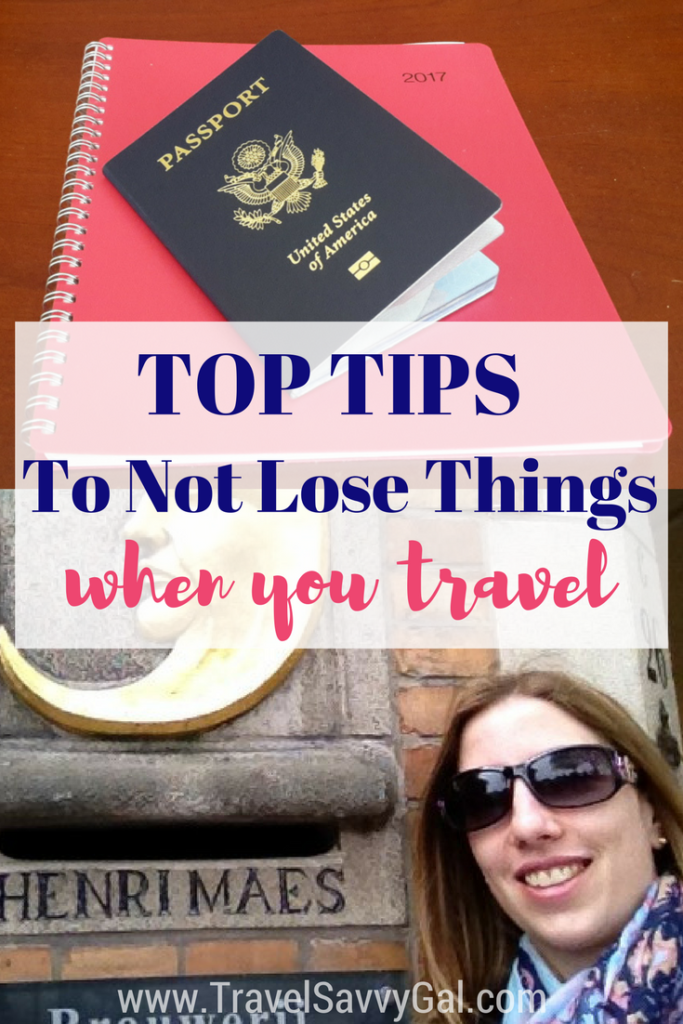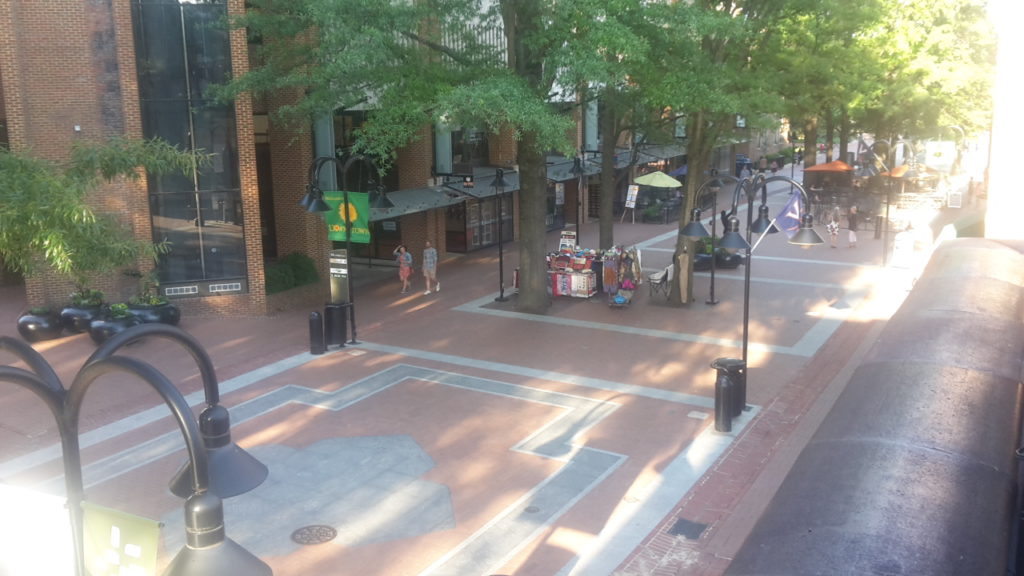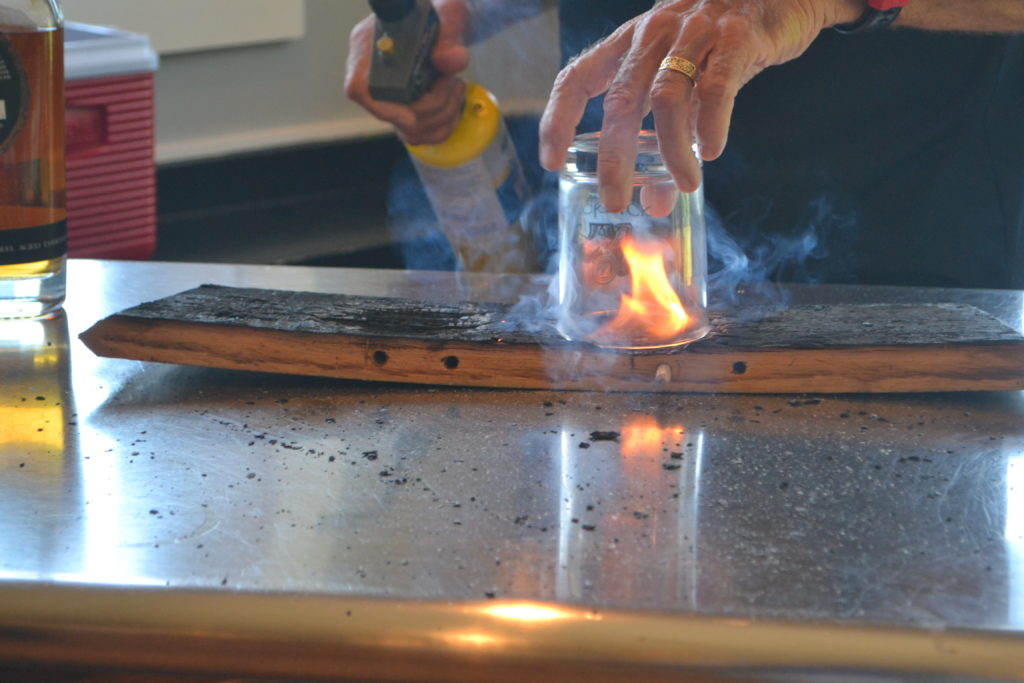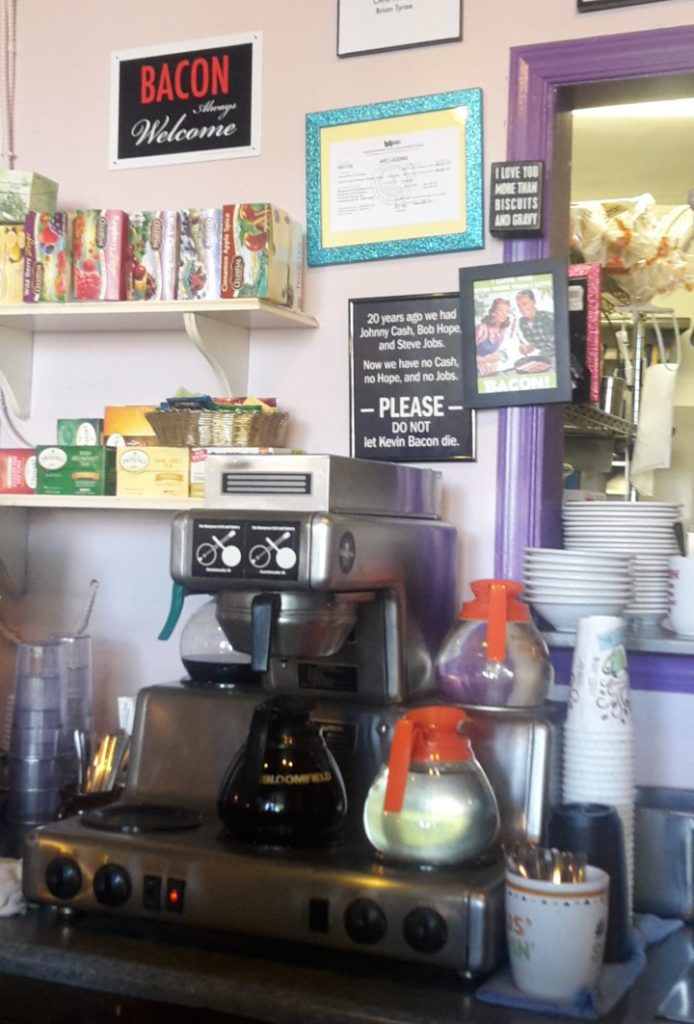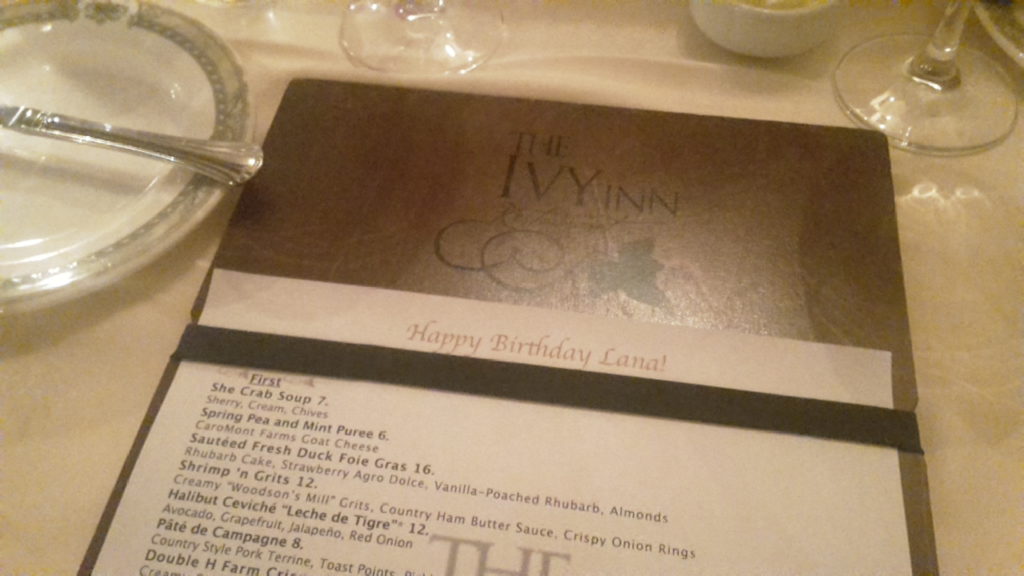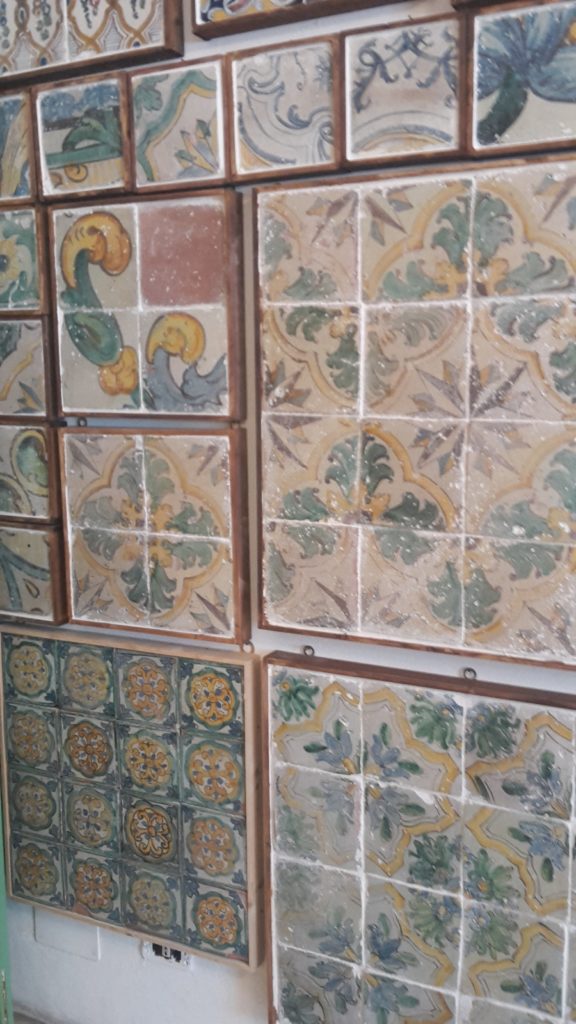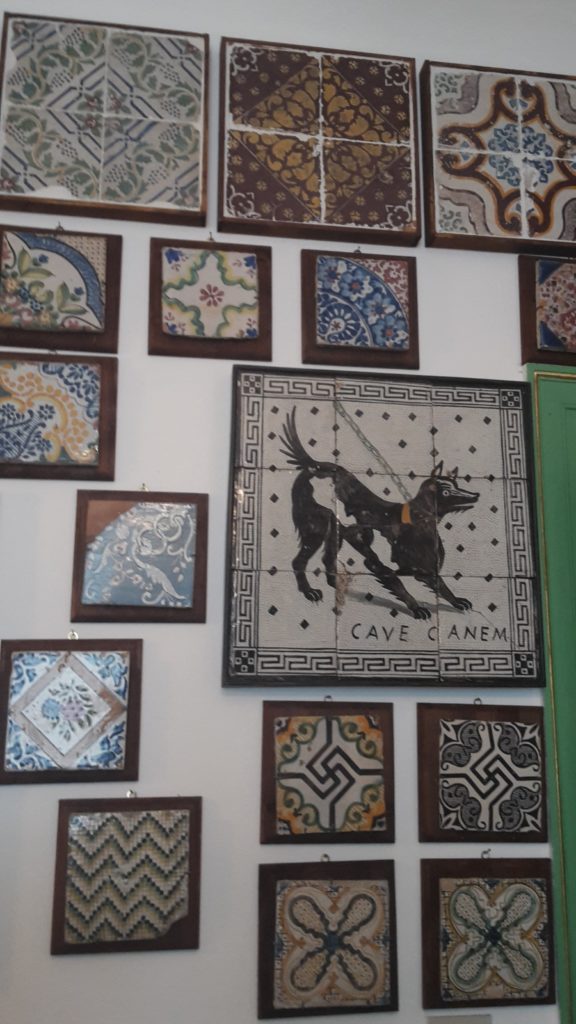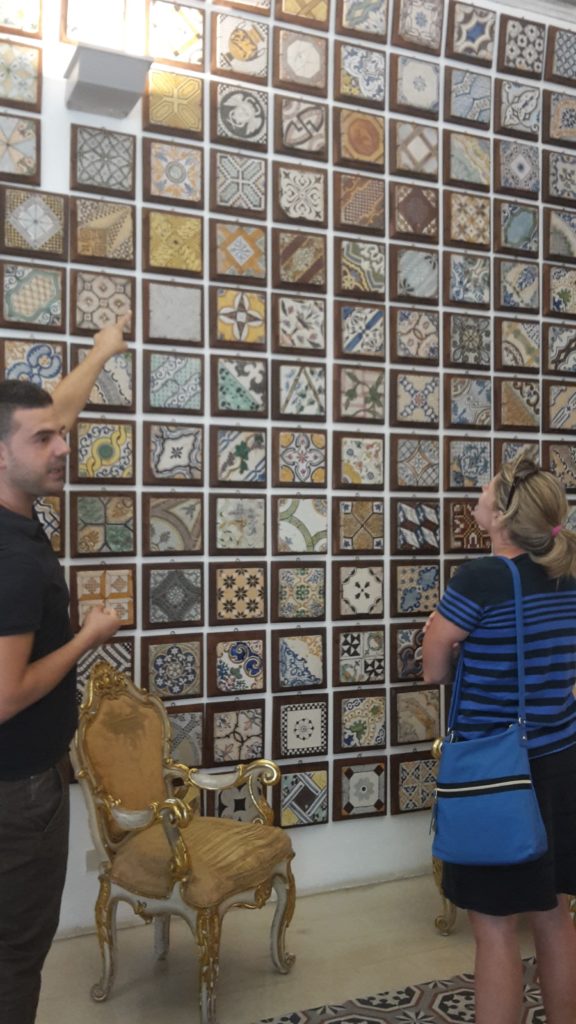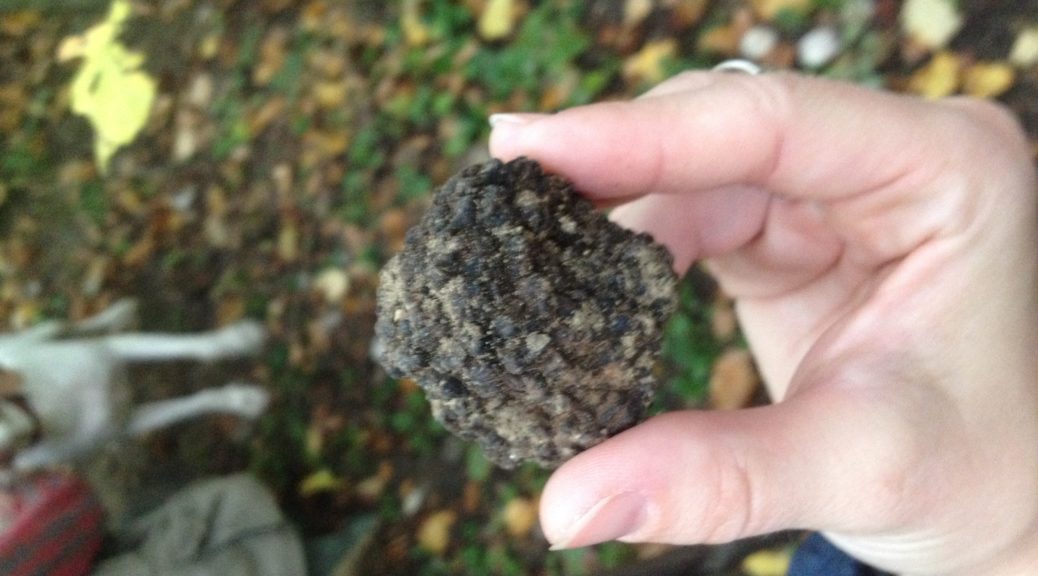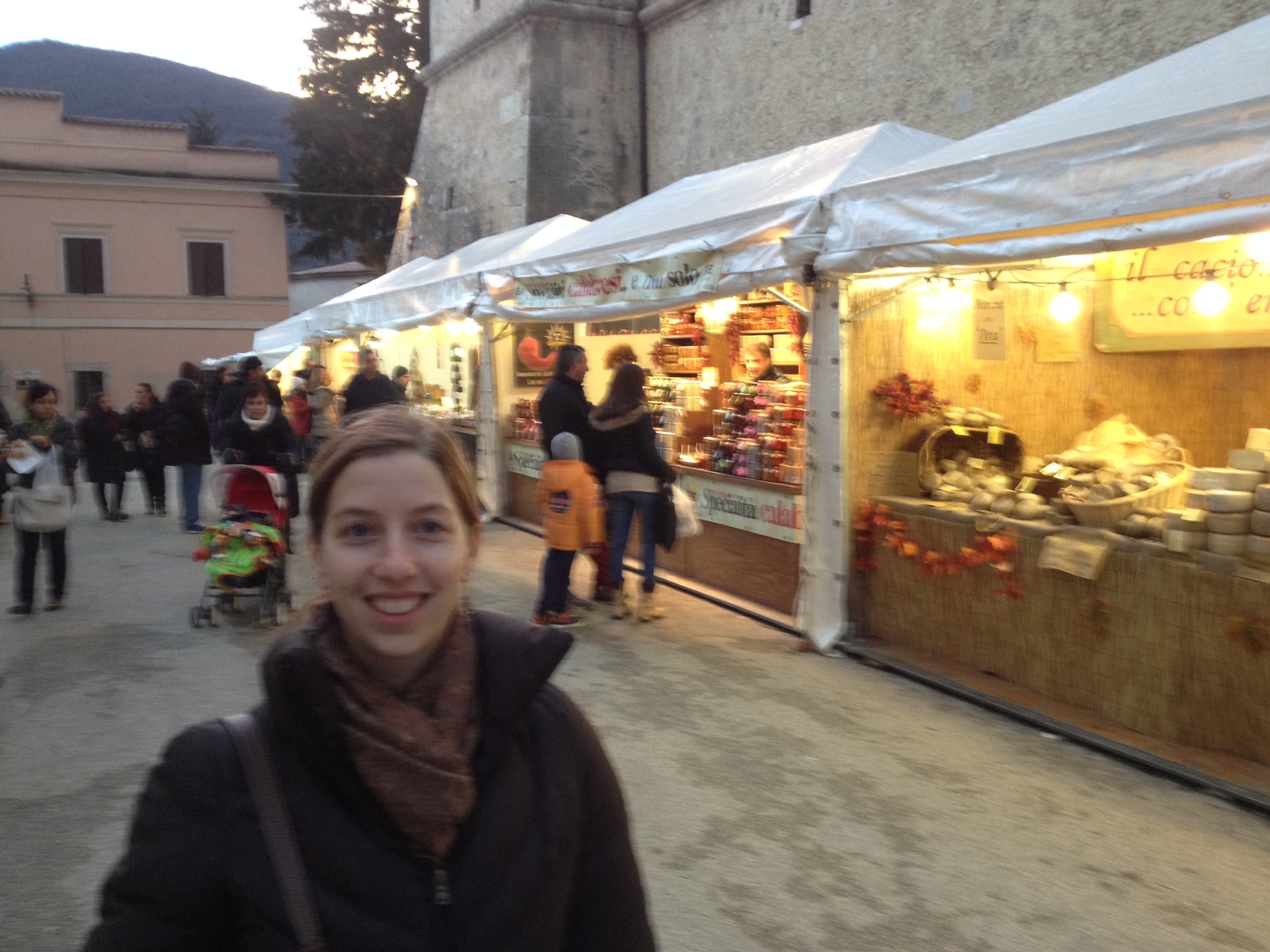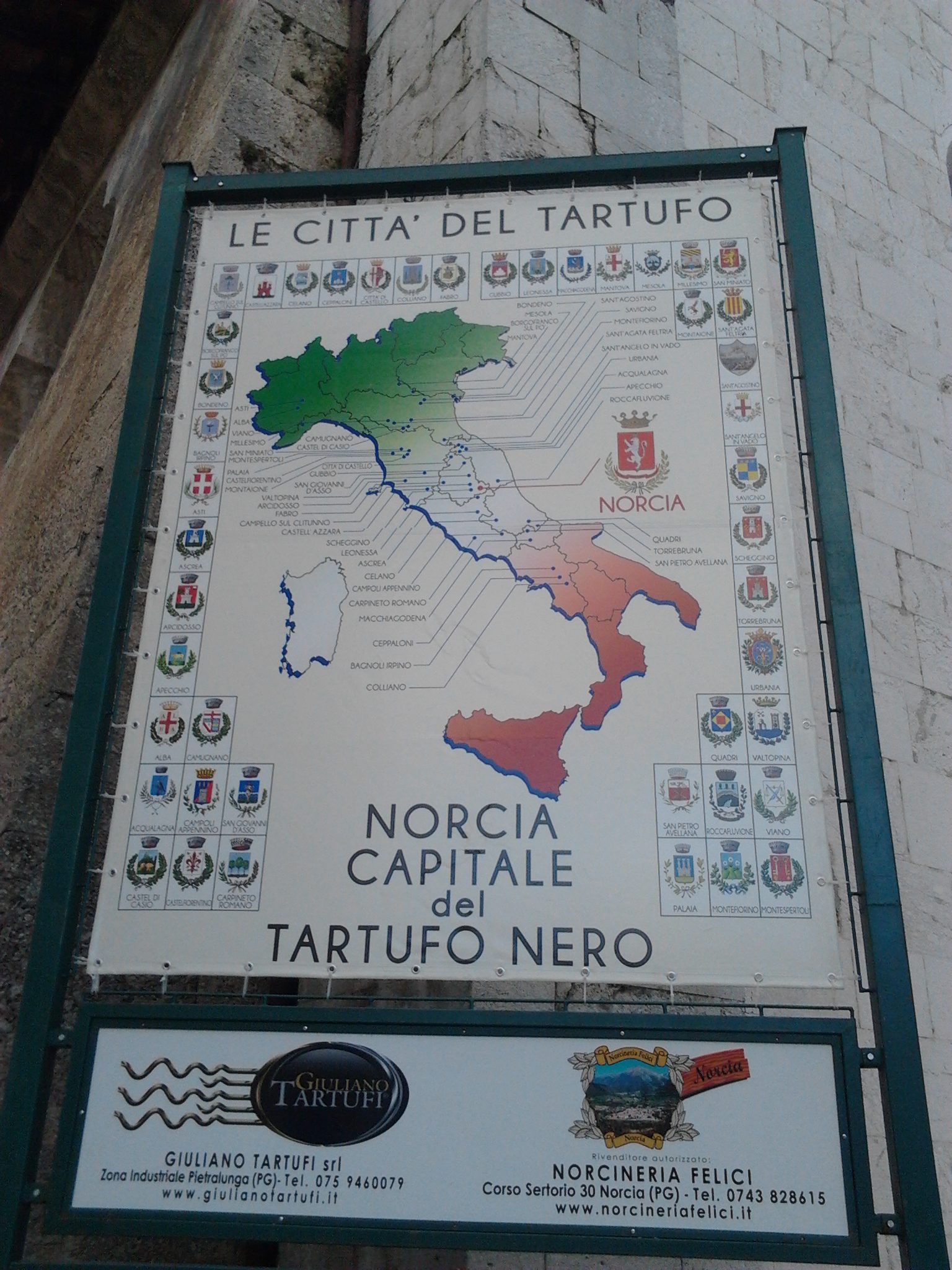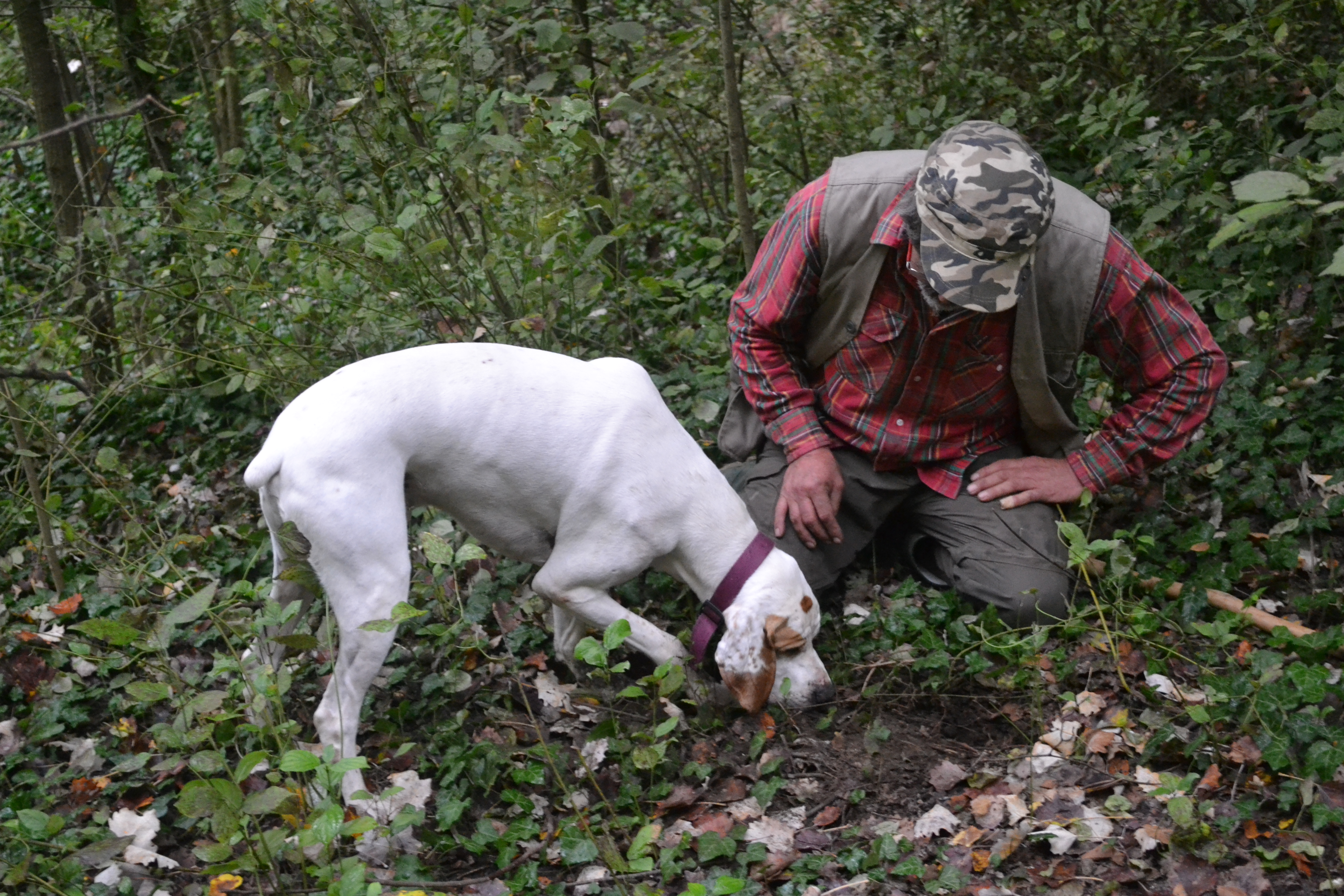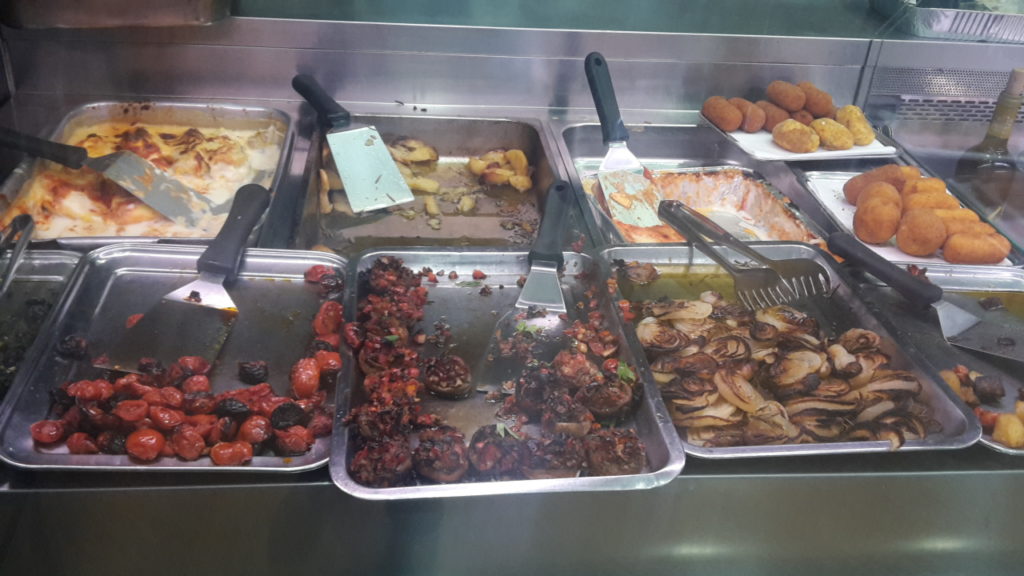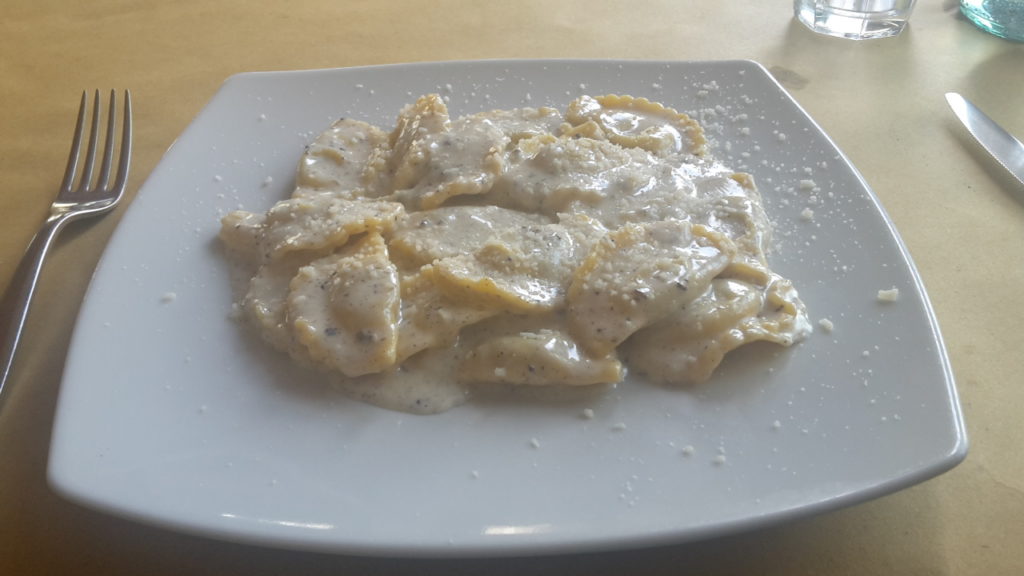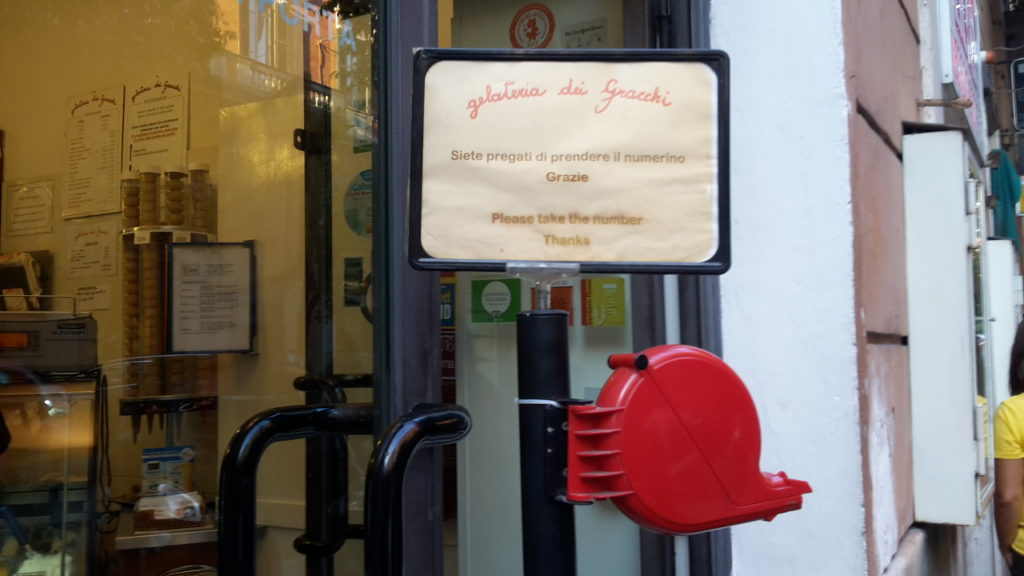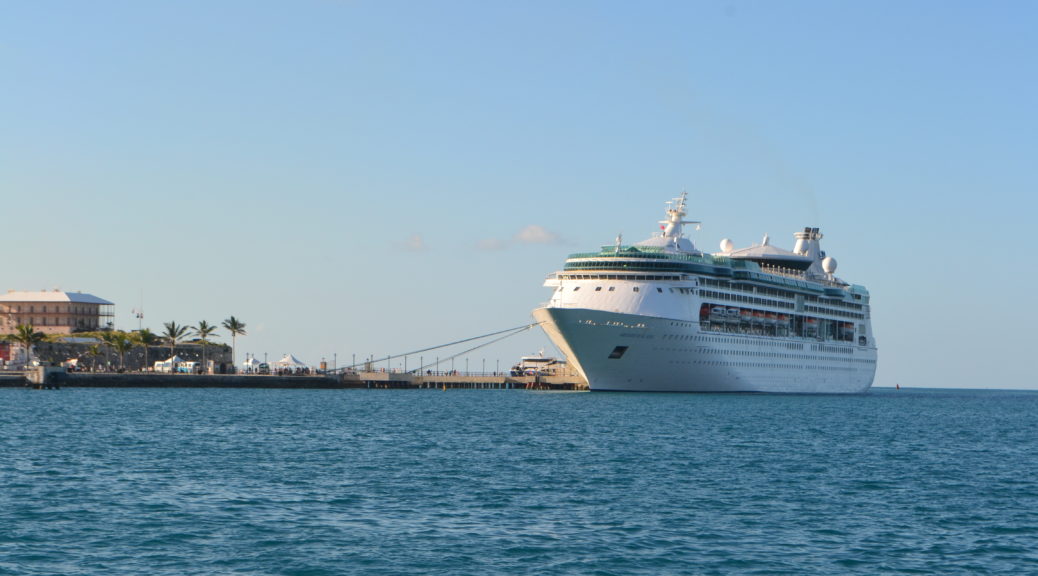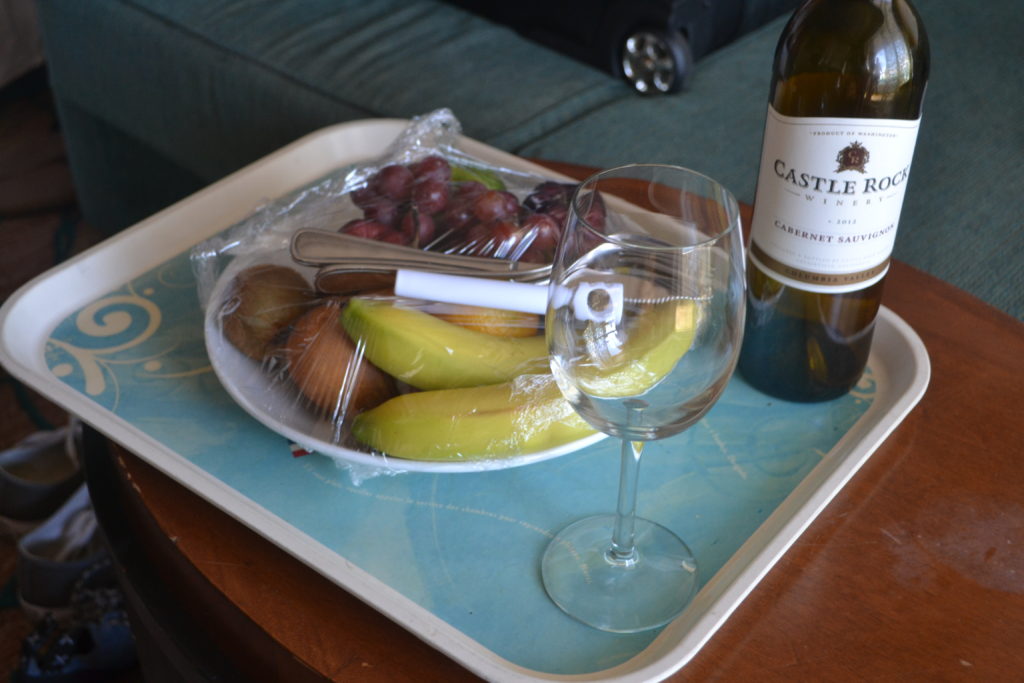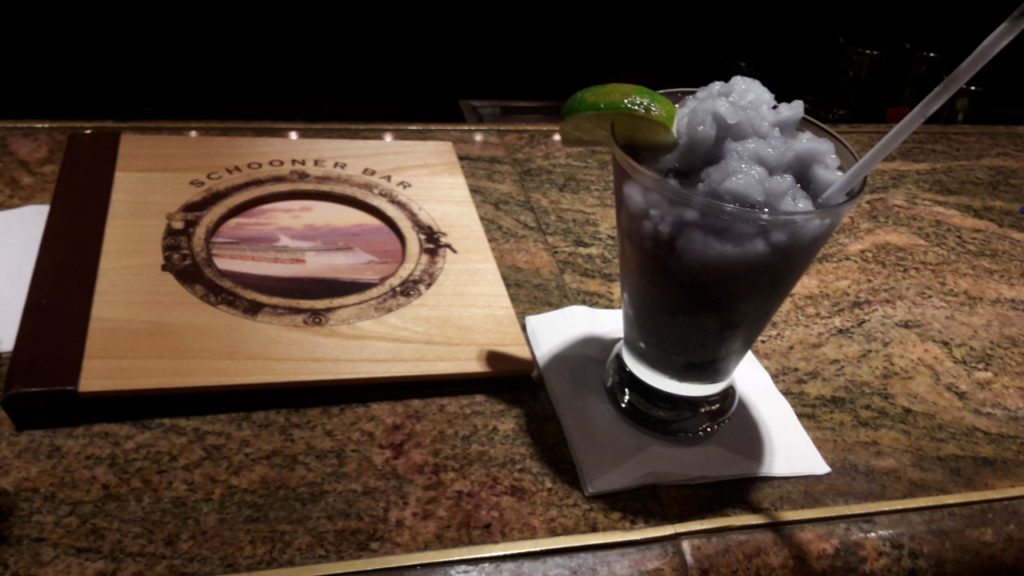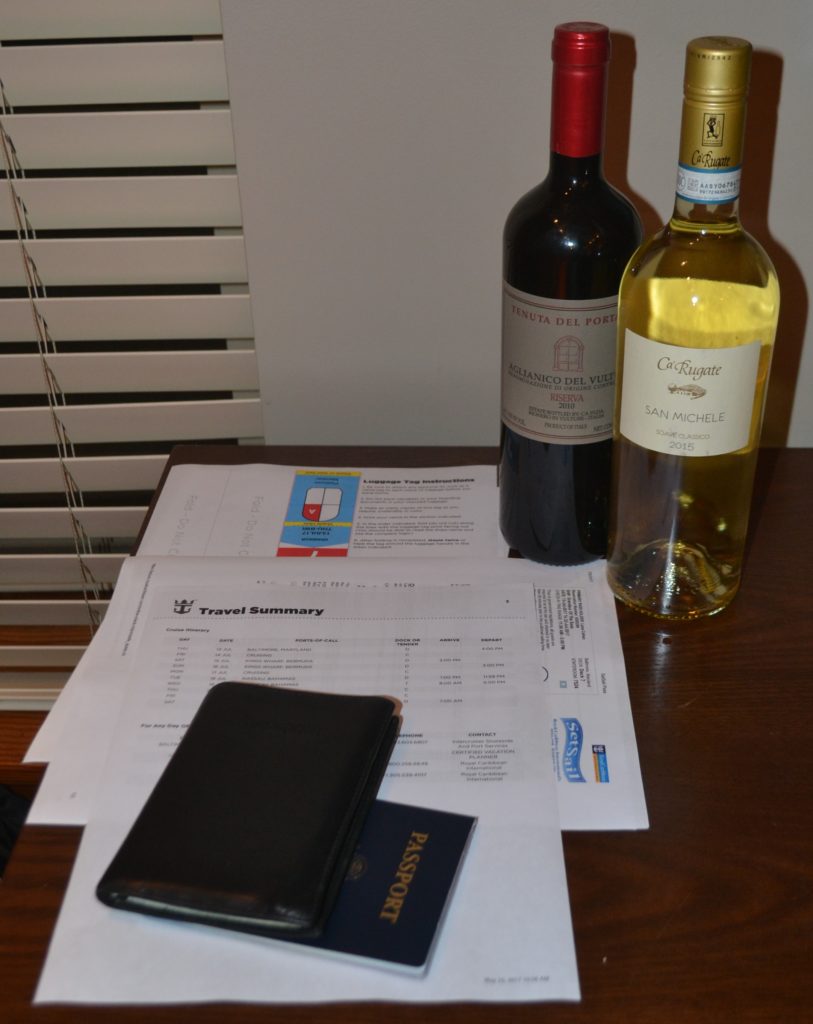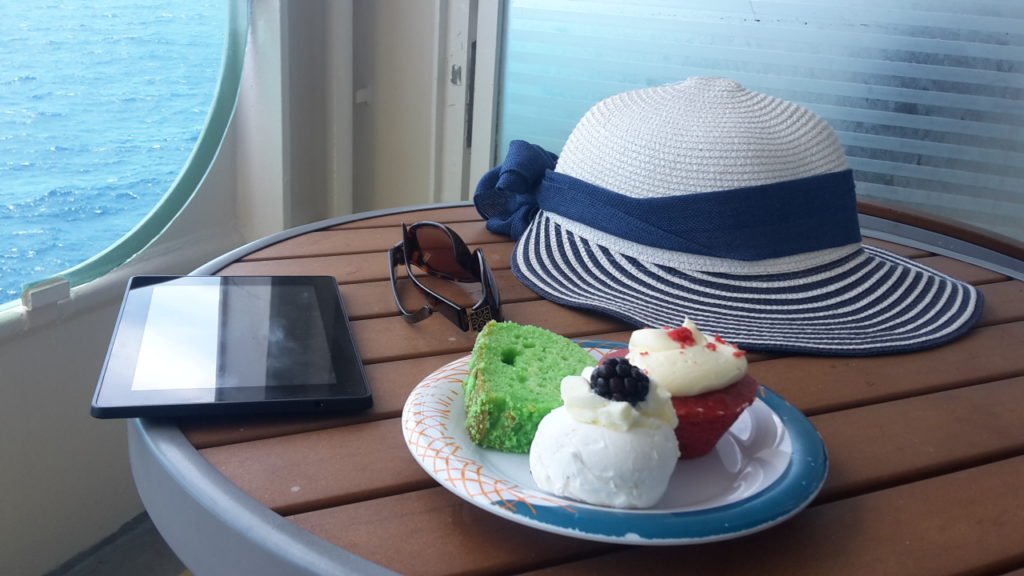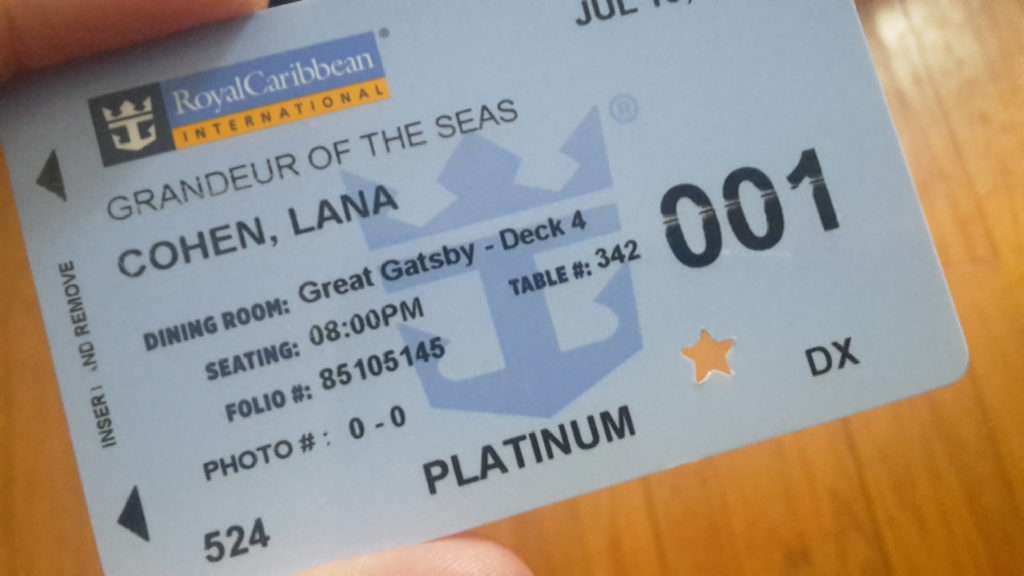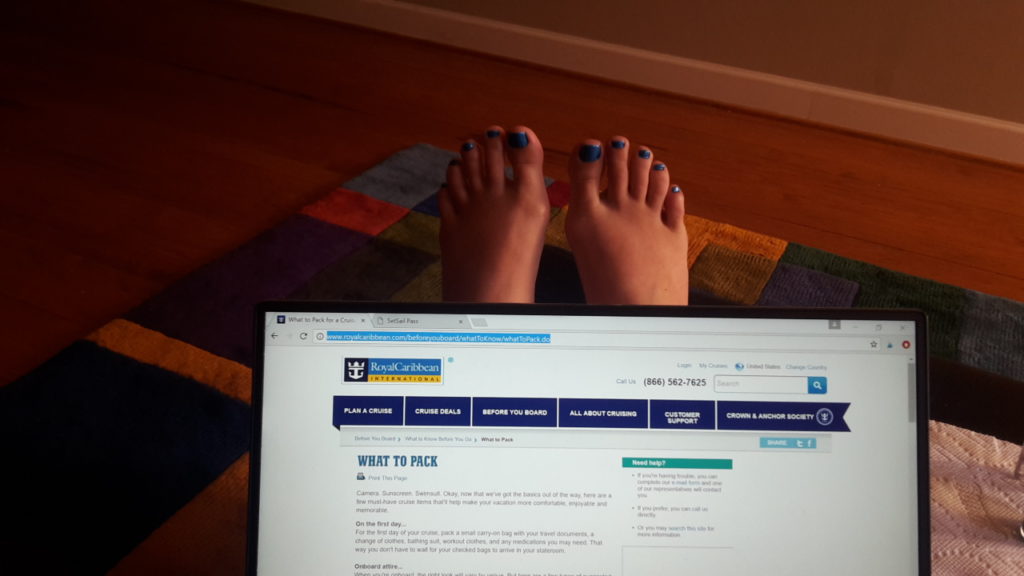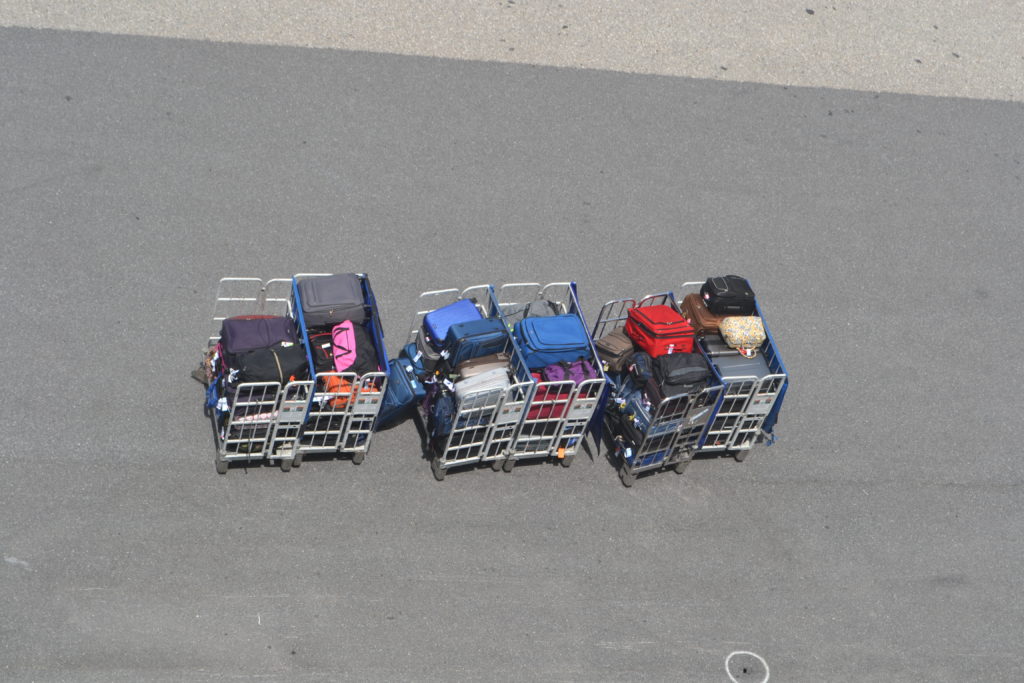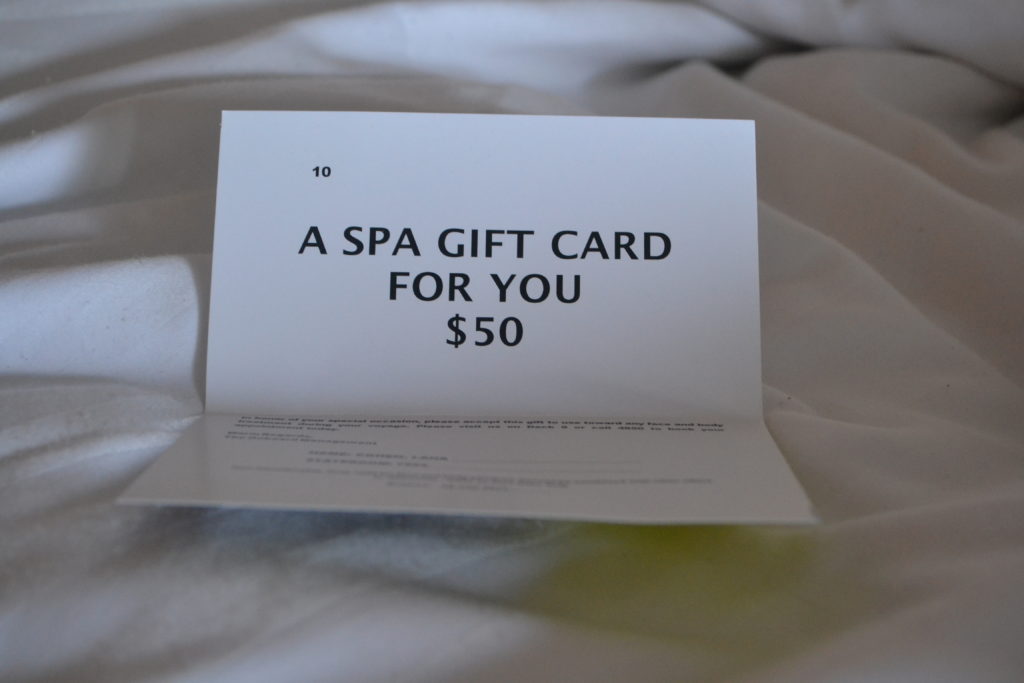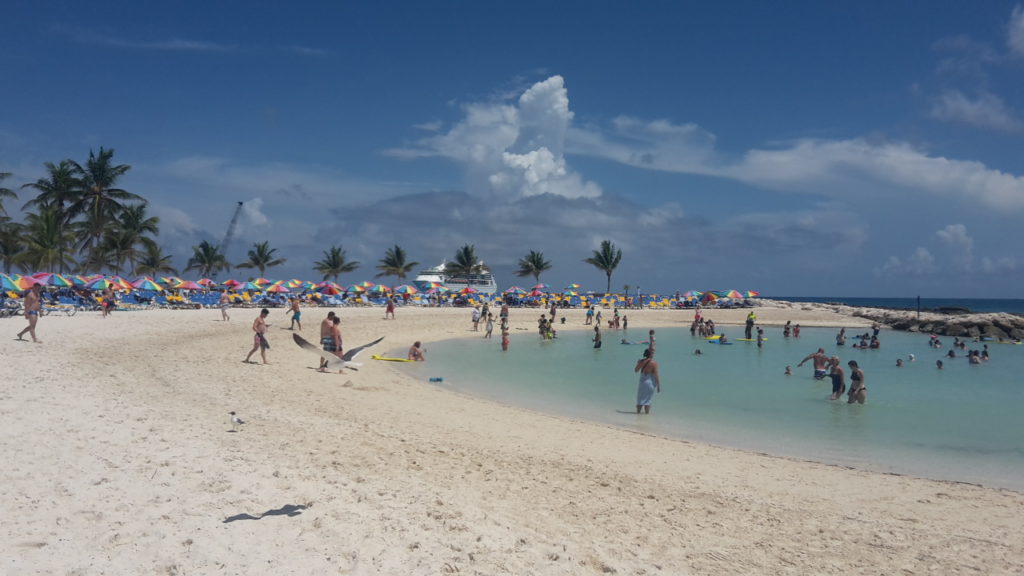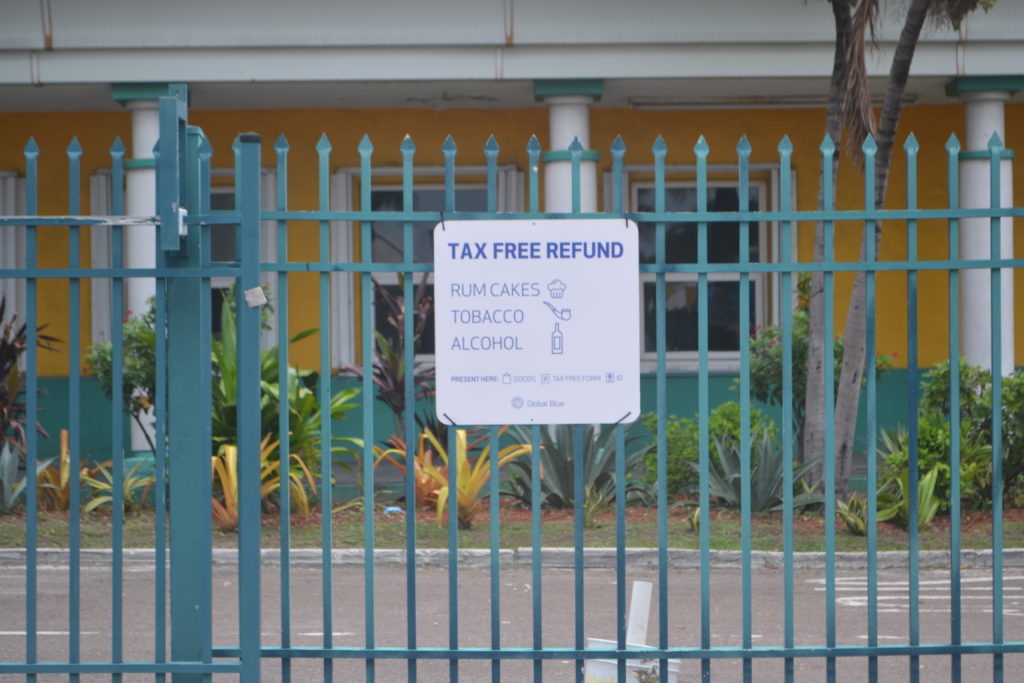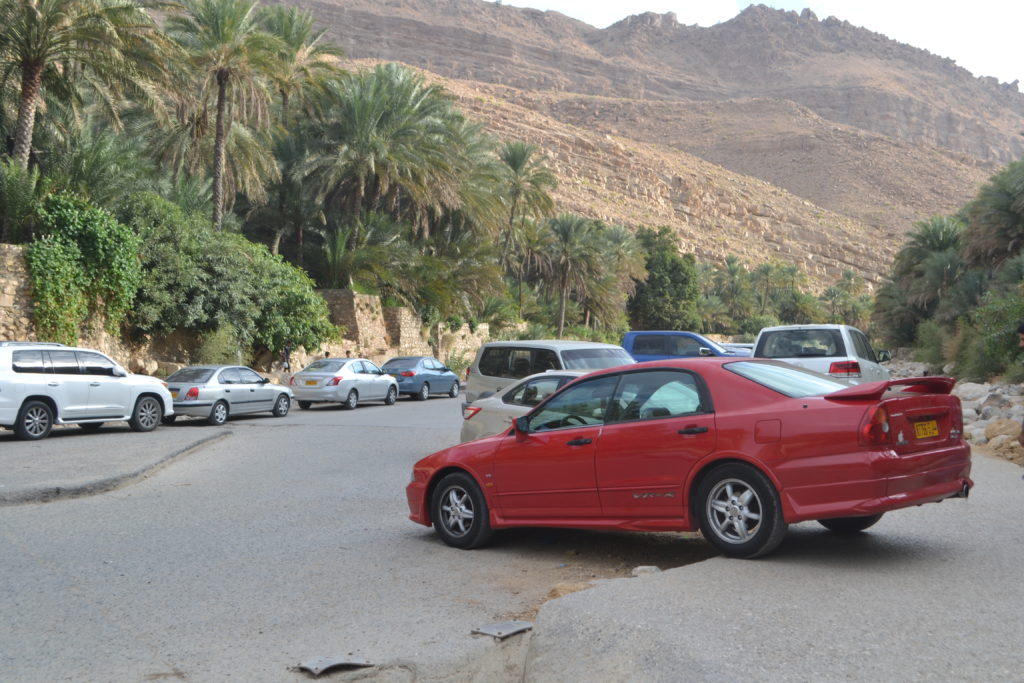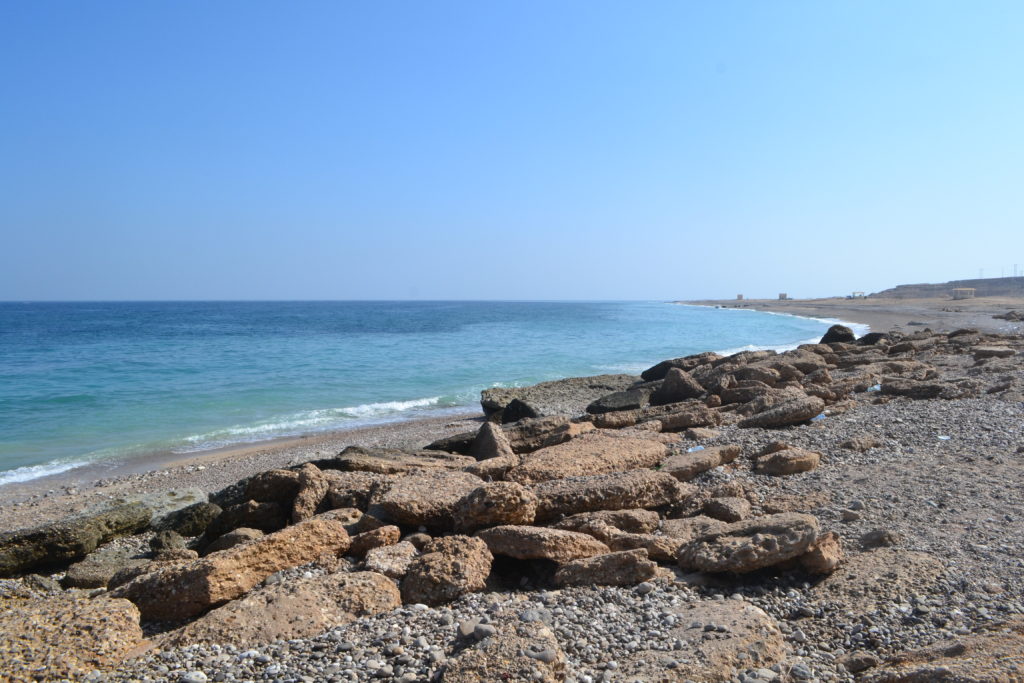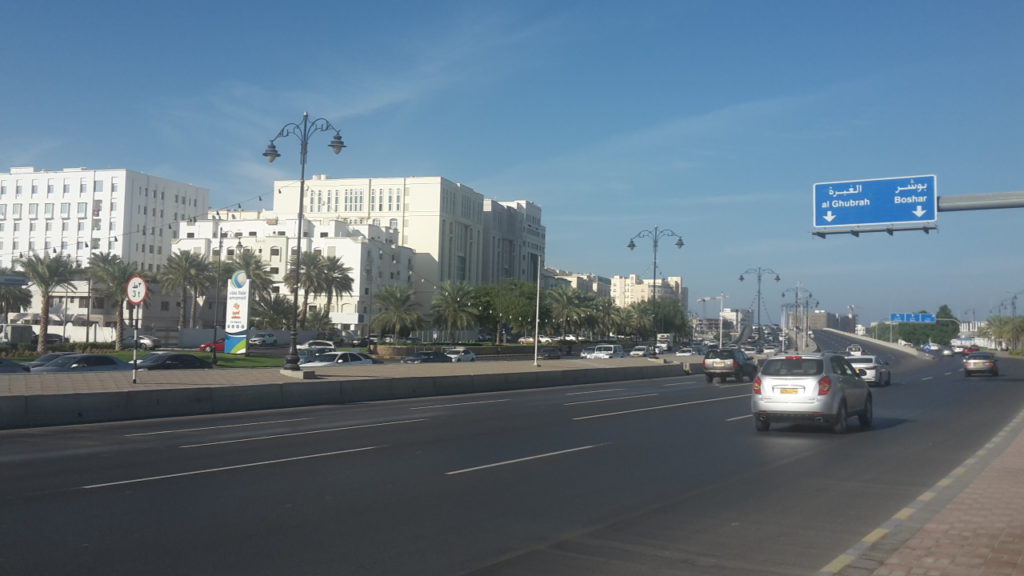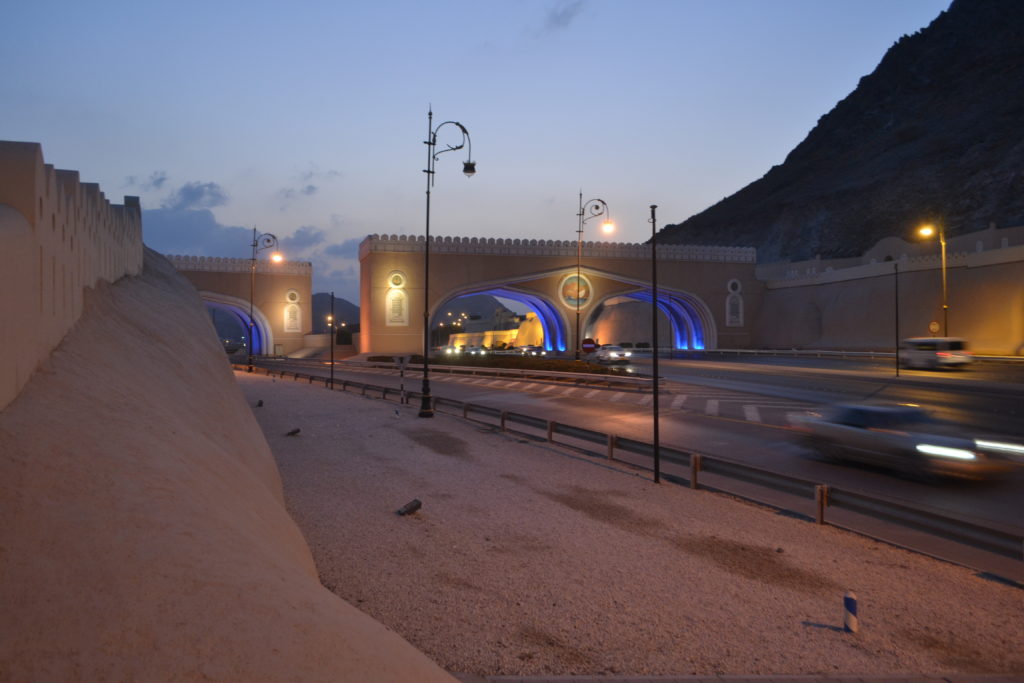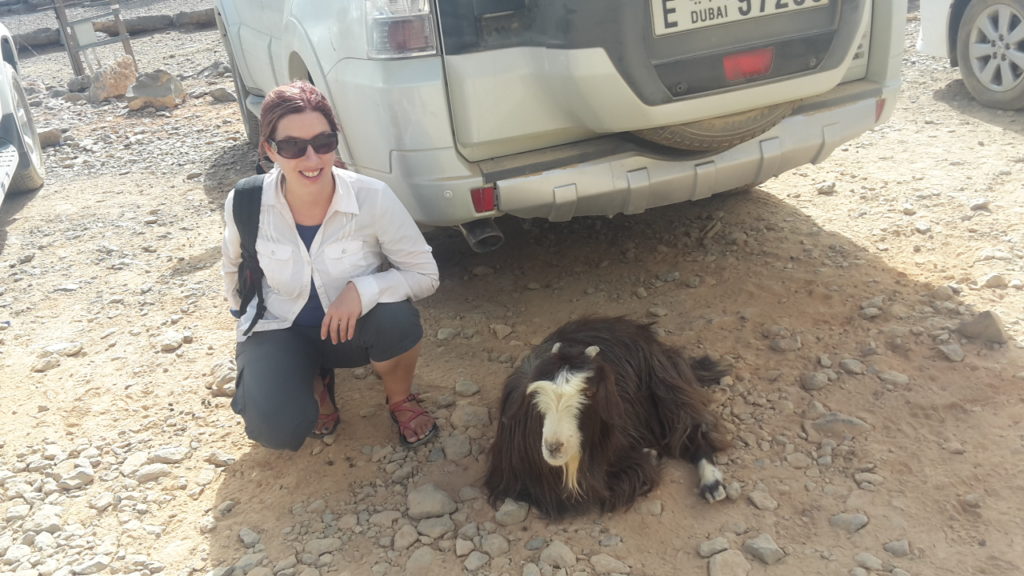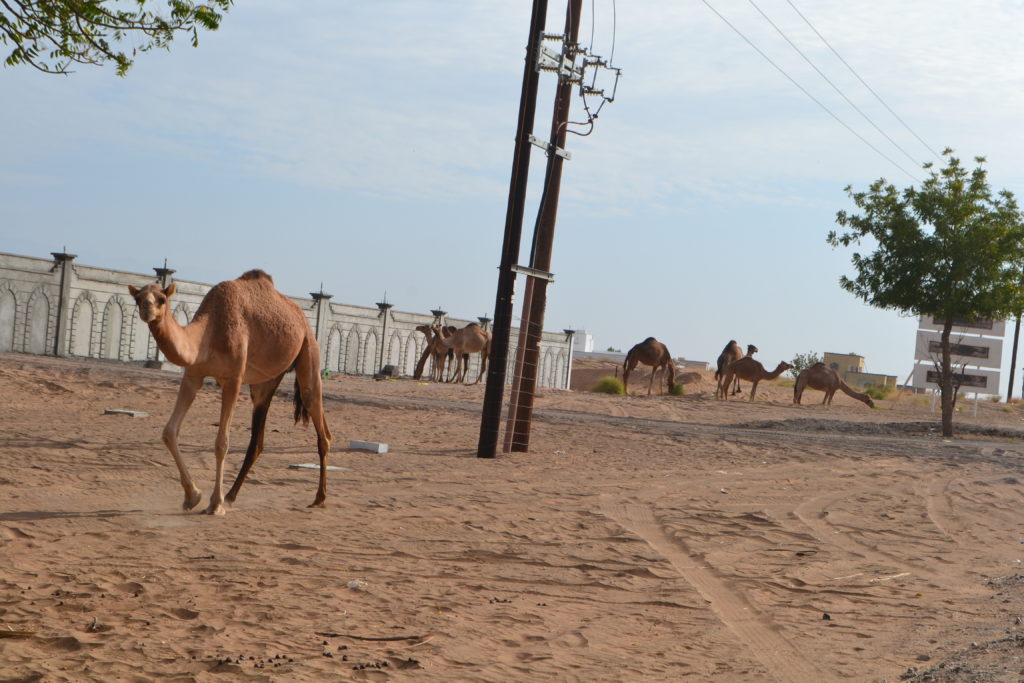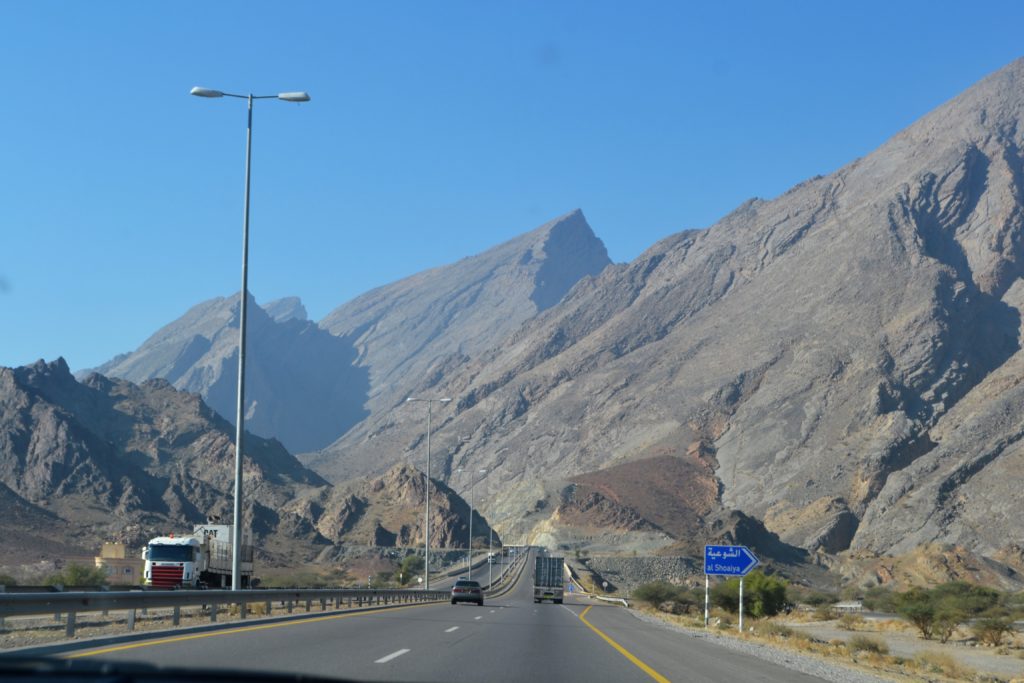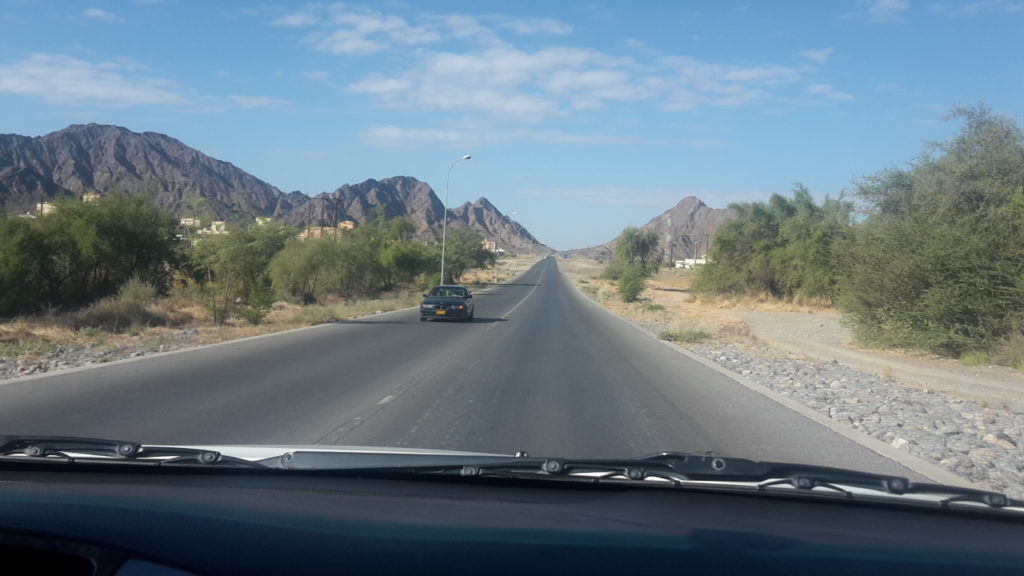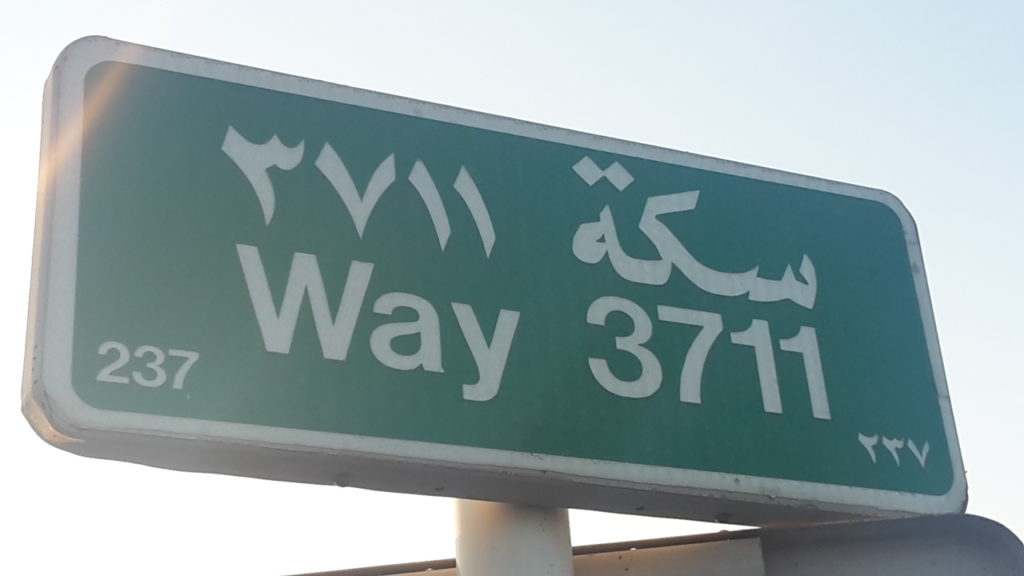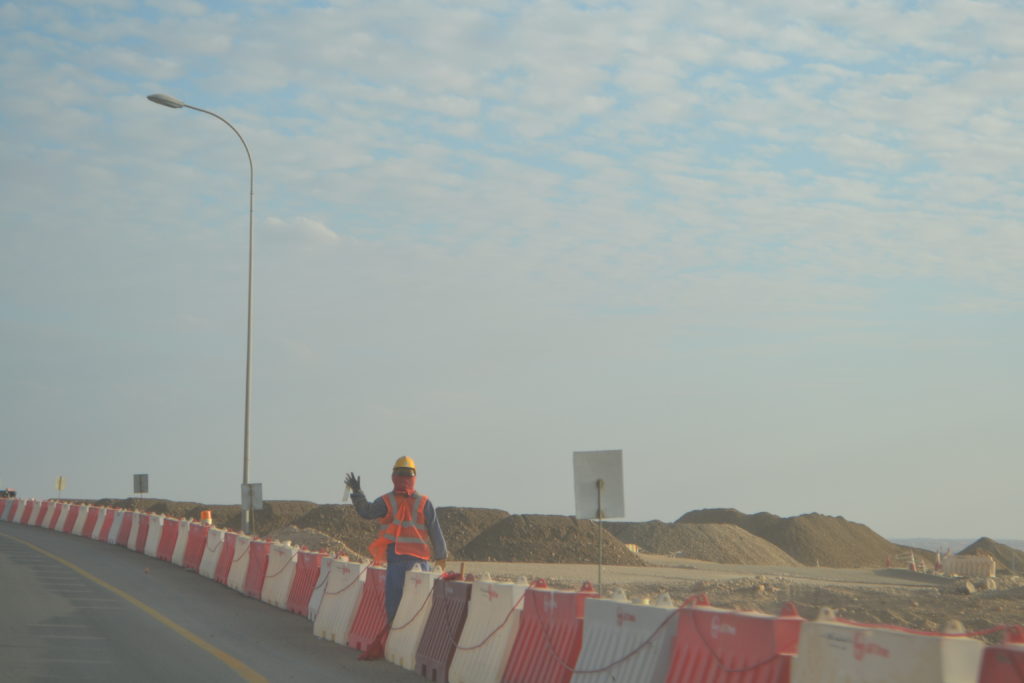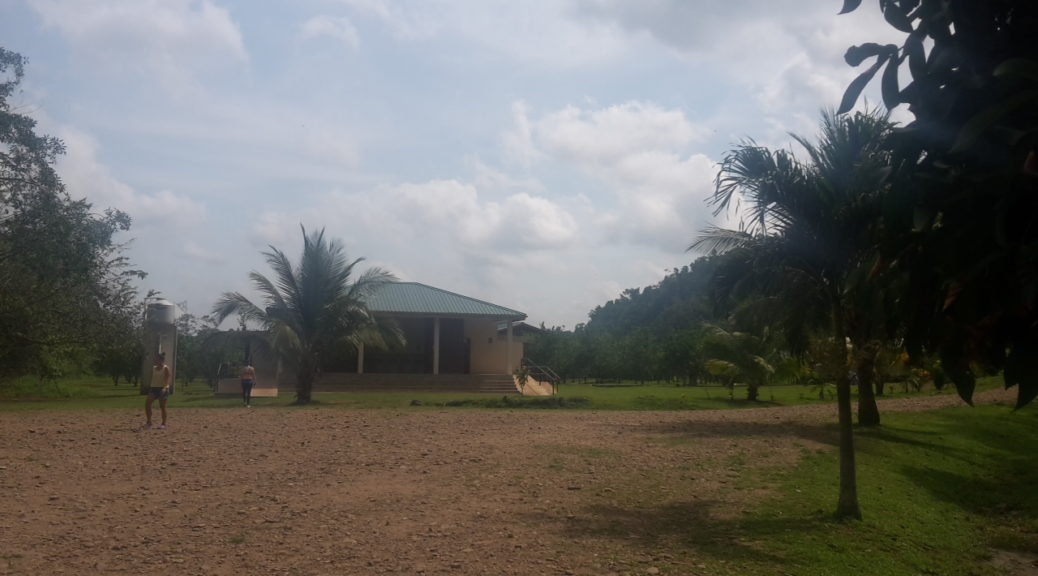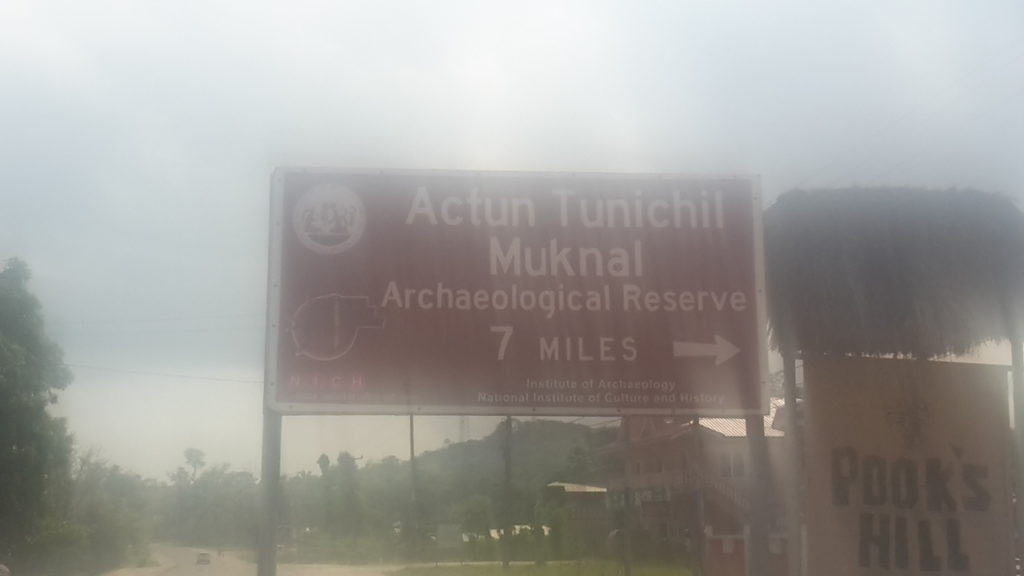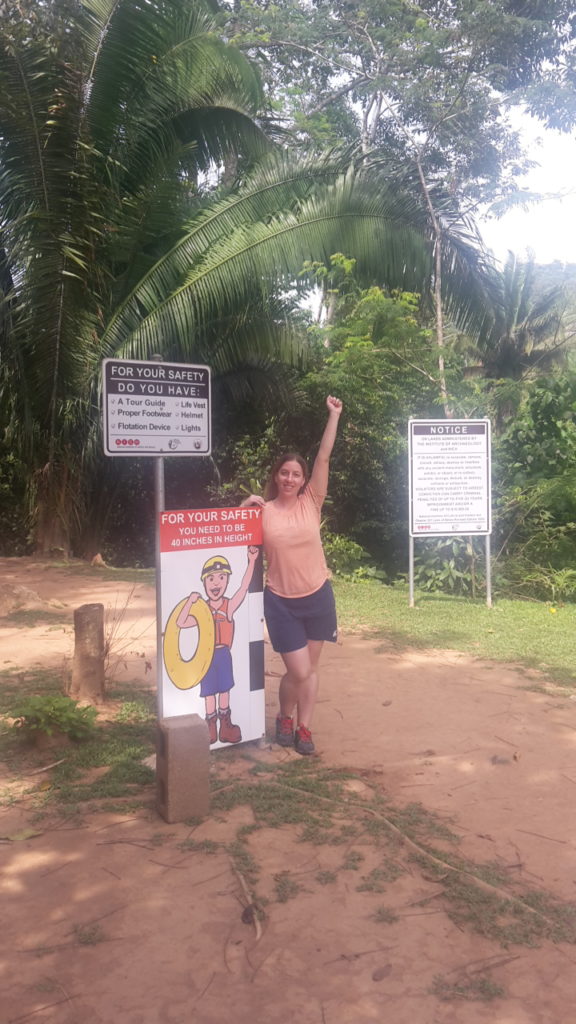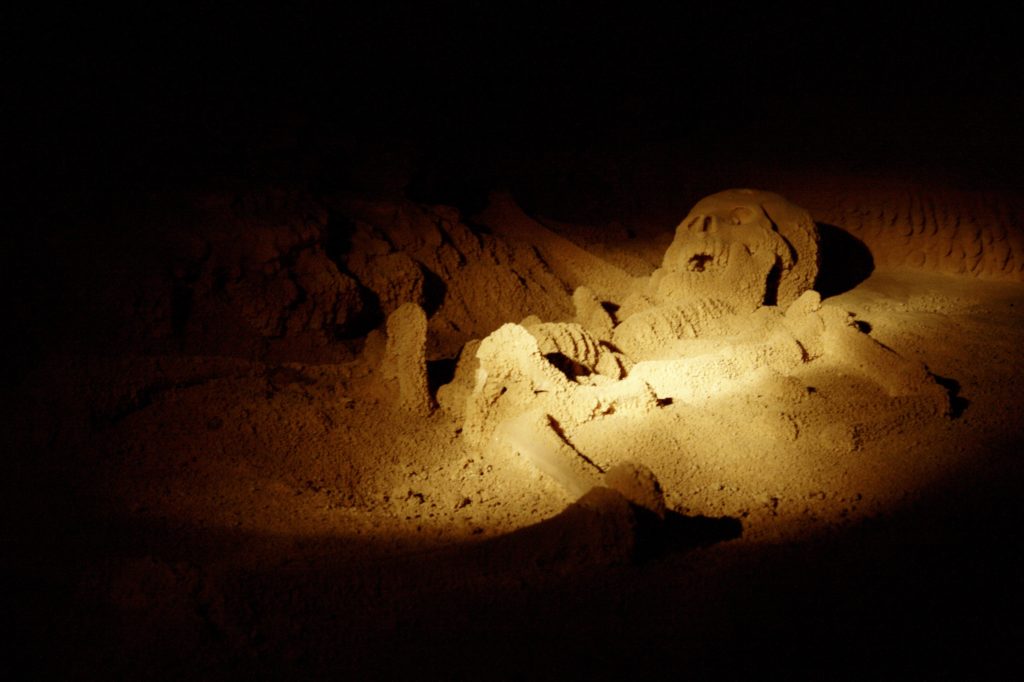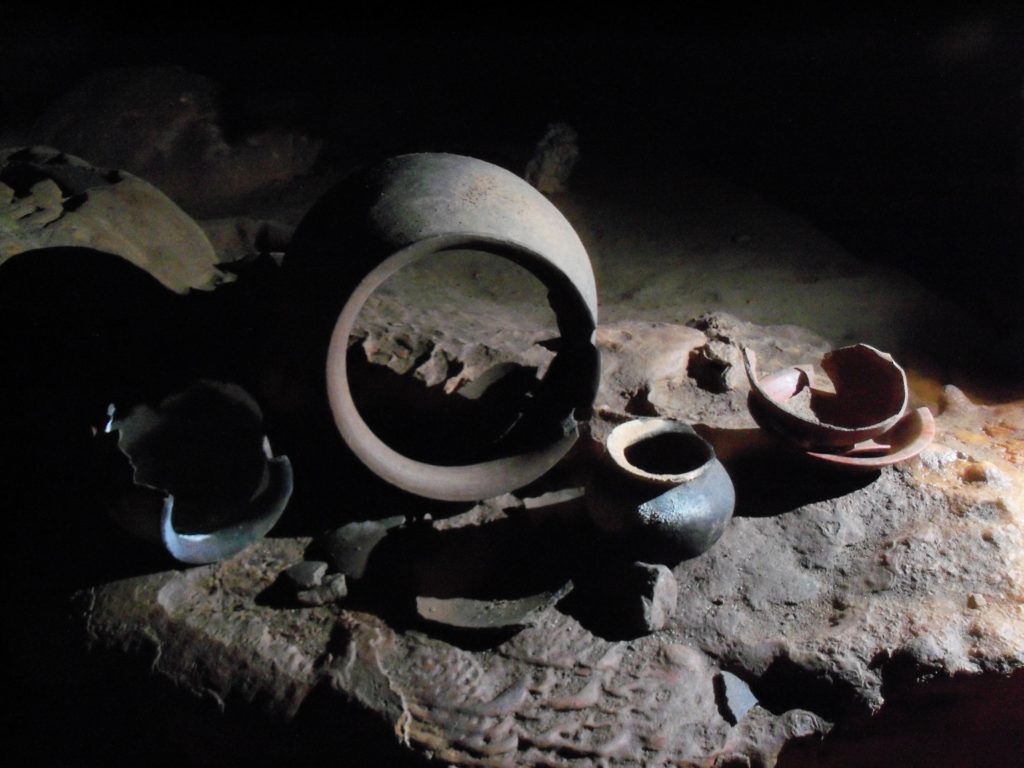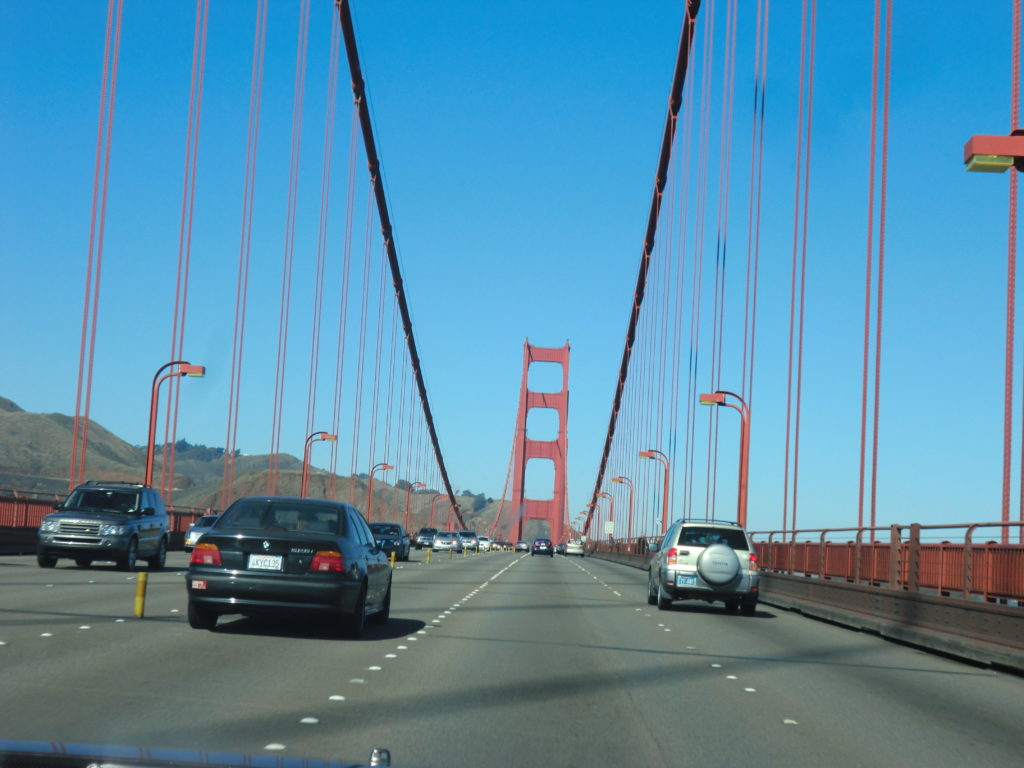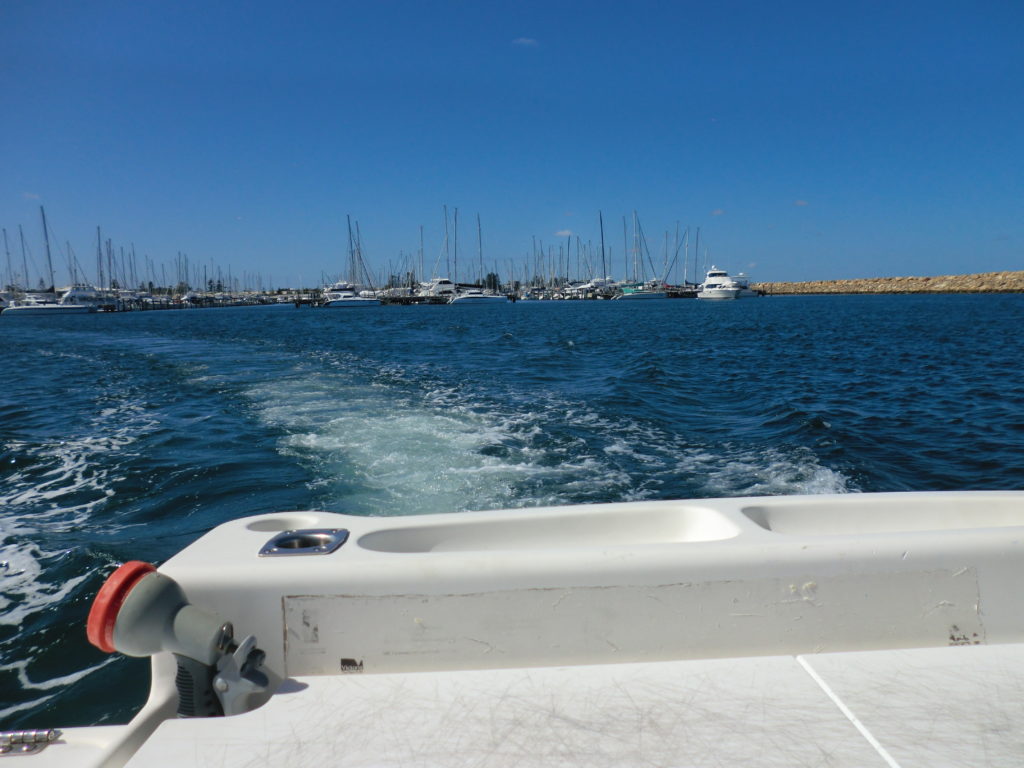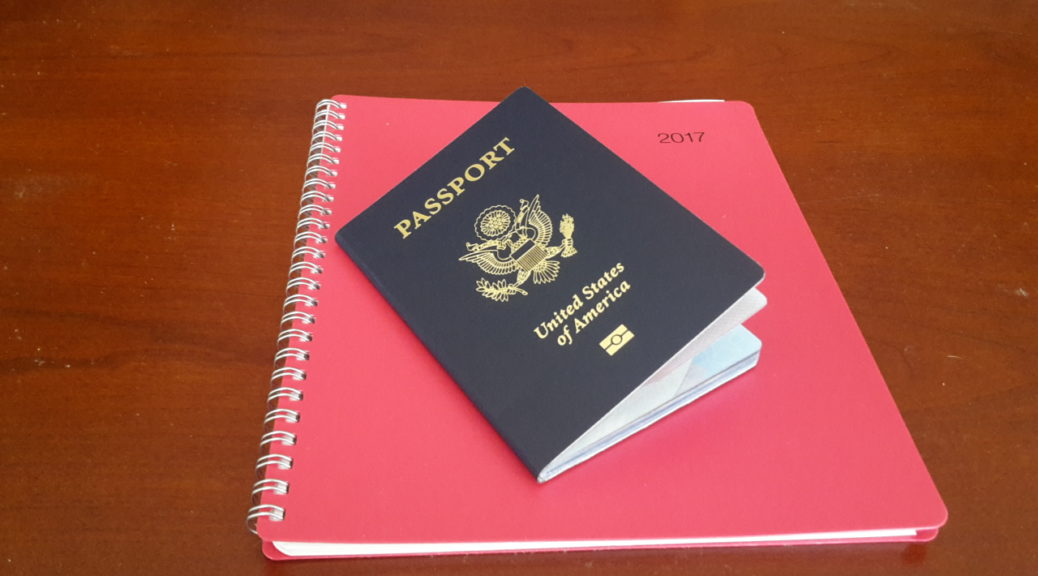
Top Tips for Not Losing Things When You Travel (& How to Handle It When You Do)
Lost or misplaced items can be incredibly frustrating, especially if it was something expensive or with sentimental value. But this is an experience I honestly haven’t been very familiar with, despite my frequent travels. Until this year.
I still can’t pinpoint what exactly has changed. Is it that I’m getting older? Is my mind just overloaded with the stress and changes of moving back to the US after 5 years abroad? Or maybe I’ve always lost things, and it’s just that I’ve lost more precious things this year so I noticed it more?
Who knows, and honestly the reason is not nearly as important as the result – this year, I’ve definitely been losing things far more often than I’d like.
Things that were expensive to replace. Things that I picked up in past travels and had a special place in my heart. And things that were just inconvenient to not have anymore.
The good news is that an ounce of prevention goes a long way. And fortunately – for my sanity and my wallet – I manage to hold on to my possessions successfully most of the time. Here’s how.
Tips for Not Losing Things When You Travel
Certainly the easiest course of action is not losing things in the first place. While that is never 100% guaranteed, here are some things you can do to greatly minimize the number of things you will misplace or lose while you’re on the road:
Pack brightly colored objects.
I can’t tell you how many times I’ve lost black or navy umbrellas. I’ll be sitting down at a restaurant and leave it on the seat next to me, and never spot it when I leave as it blends into my surroundings.
My bright pink umbrella? I’ve had it for years! Even the few times I’ve walked away without it, inevitably a server or friend will see it and pass it back to me. Choose bright or unusual colors when you can, and you’ll be much more likely to hold onto important objects on the road.

Have a designated spot for the items you always travel with.
Some people make lists. I travel enough that I just know which items I keep where. For my well-traveled wheeled carry-on bag, I know that my deodorant, toiletries bag, and hairbrush always gets packed in the small outside pocket. My cell phone charger is always in my purse.
However you need to remember it (there’s probably an app for that), set up locations that you’ll always use for all of the items you’ll need on a trip. It’s much easier to see if something is missing or forgotten if you have one place it will always be in your luggage.
Have secure places to store sensitive items.
Of course, for things like your passport or driver’s license or credit card, you don’t want to have those items easily accessible to possibly be snatched or fall out of your bag. Be sure to have an extra zippered compartment to seal with your valuables inside.
And for longer journeys, consider hidden compartments in your main luggage for some emergency cash or to store your second credit card or bank card as a backup just in case the unexpected happens.
Put things back where you got them from.
Having those set places to put certain objects only works if you consistently put things back where you got them. Every. Single. Time. It may seem tedious, but this is the only way it works.
Exploring a new city or country can make you more on edge than normal – that’s part of the excitement! – which means that is especially important to follow the system you set up. Even if it means stopping for an extra minute before getting a start on your day or taking extra care when packing your bag.
Routine, routine, routine.
Most of your time traveling will not be in the moment of packing or unpacking at home or at your hotel or accommodation. It will be you in the airport or train station, boarding a bus, or on foot exploring. This is how you’ll make the most of your time traveling, but also consists of hundreds of little opportunities to possibly leave something behind.
I usually have both a cardigan and a scarf with me when I’m traveling, in case the weather cools down or I enter a museum with the air conditioning on full blast. This means that these two items are laid over the top of my purse, which means that every now and again, and each time I leave a place, I reach over and confirm that I still have both.
Of course, the one scarf I did lose recently (a beautiful one I had purchased in Barcelona traveling with a friend), was when I decided that in Belize that I didn’t need to keep it out anymore, and put it into my backpack and then wore it again without checking that I still had it.
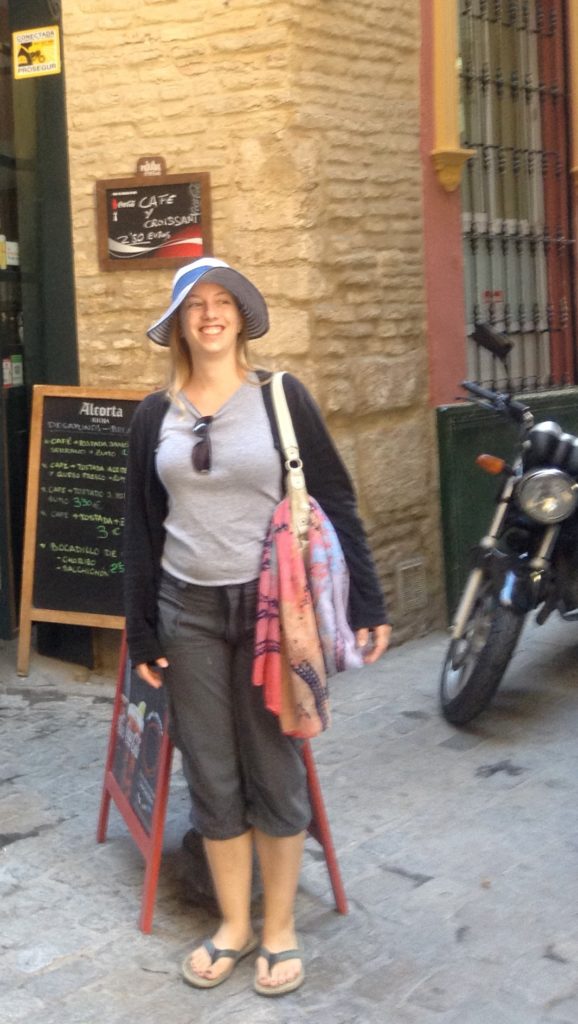
Check thoroughly every time you leave somewhere.
There are a few places where you’re most likely to leave a treasured item behind: your accommodation, transportation, or at a restaurant or concert/performance. Out and about, I’m most likely to leave a sweater or umbrella or shopping bag behind. Or my phone charger or something in the bathroom wherever I’m staying. Knowing which items you frequently forget can help with your checking, including having a list of those final things to confirm you’ve got.
When I’m carrying multiple items, I’ll do something that I recently discovered that oddly my mother and I both do – count how many items I’ve carrying, and then check for that number of items. If I know I’m carrying 3 things and I only count 2, I know I’ve missed something.
The real bottom line, though – whether you’re a counter, or list-maker, or simply a thorough searcher – find a checking method that works for you and USE IT consistently!
Leave an obvious reminder somewhere you’ll definitely notice it.
It may sound silly, but I’ve been known to leave something on the floor exactly in front of a hotel door to make sure I can’t leave without grabbing it. Or hold my wallet in my hand until I put my credit card back inside after paying the bill.
While those suggestions may seem over the top, there’s no better way than something extremely prominent to get your attention and make sure you don’t leave a beloved item behind!
How to Handle It When You Do Lose Something
Of course, even with the best preventive methods, it’s still possible to lose something. In some cases, the item might be expendable, but of course the incidents that stick out most in my mind (and probably in yours, too!) are those where it was something critical like an ID or bank card or some object or item of clothing with sentimental value.
A few things I’ve lost recently have really thrown my world upside down, since I’m not accustomed to losing things. In my effort to retrace my steps and find the missing items, I have picked up a few tips on how to best do this, and which methods were most effective.
While some of these suggestions may seem obvious, it’s definitely worth mentioning them all as I’ve (foolishly) overlooked them at one time or another. And shouldn’t have.
Act quick.
Especially if you lose something while in transit, you may first realize the loss upon your arrival. By which point you might be exhausted or jet lagged or both. The inclination in the moment will definitely be to delay reporting an item as missing, but this is never the right choice. The quicker you act, the more likely you’ll be able to locate whatever you’ve lost.
Go in person. Otherwise call.
Again, this seems so simple, but you’d be amazed at how much a difference it makes to search for your item in person. It’s much easier for someone to blow you off on the phone, or only look for your missing item half-heartedly. When there is a distraught person right in front of them, there will be a more thorough search.
When I lost my work ID a few months ago and was fairly certain I had left it at the gym. I called and they said the looked for it but to no avail. When I arrived in person the next morning to ask about it, they located my ID in under a minute.
Depending on where you lose something, you might also run into an automated phone line where it is difficult to get connected with an actual person. So make that extra effort if you really want to recover the item you’ve lost.
Officially report valuables as lost.
For any important document like a passport, credit card, or bank card, be sure to contact the bank or company that issued your card or the relevant consulate to make an official report IMMEDIATELY. As bad as it is to lose something, it is even worse to have to deal with unauthorized bank withdrawals, surprise charges on your credit card, or identity theft.
TIP! Keep a hard copy list of important phone numbers, like your bank, credit card company, and local consulate or government office, so you can contact them if needed. If you have access to WiFi, you can always call on Skype or dial the collect number.
TIP! Some companies allow you to place a hold on your card instead of canceling it, so you can reactivate it and continue using it throughout your travels if it’s later recovered.
Continue checking every possible spot.
You’ll probably replay your step-by-step movements and might even become convinced that you know exactly where you lost something. Don’t trust your memory! Especially after replaying events over and over in your mind, you may be rewriting history. Continue to check everywhere.
It’s hard to check with lots of places and you may start to feel silly asking again and again, but push through and go through all the motions for your best shot at recovering what was lost. Decide how much you want to avoid sounding like a careless person by inquiring in multiple places versus how badly you’d like your item back.
When I lost that beloved scarf I had bought in Barcelona, Spain, it was on my way back to the US from Belize. I was unsure if it had been left behind at the airport in Belize, the Houston airport where I connected, the airport restaurant where I ate dinner, or in my Lyft ride home.
Although I I filed a lost item report with the airline online, there was no one to call or way to upload a photo, and I never personally checked with any of the other possible locations. In retrospect I should have also called each of those locations to speak to someone personally and leave no stone unturned in my search.
Four months later, and my scarf has not been recovered (and probably never will be).
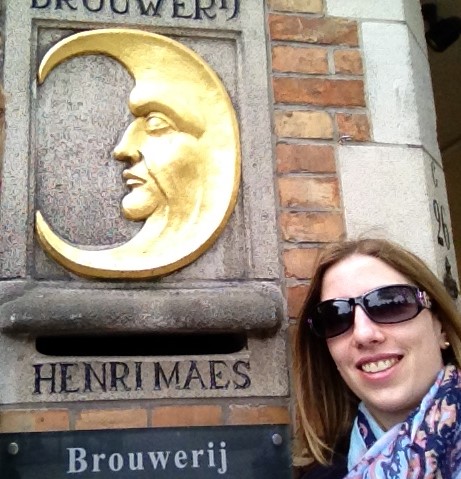
Trust me, if you’ve never lost something important, it can feel devastating in the moment. And if you’re like me and don’t typically lose things, it can be unnerving as well.
Of course, credit cards that need to be canceled or a lost passport can be difficult and possibly expensive to resolve. But even the sentimental items with low monetary value can be quite upsetting to lose as well.
Think more deliberately about how you safeguard your valuables and keep track of all of your belongings on the road. And keep these top tips in mind in case you do lose something, so you can take all the right actions as quickly as possible.
How do you keep your belongings safe on the road? Or secure when you’re out and about where you live? Any tips that I missed?
Enjoyed this post? ‘Pin it’ to share on Pinterest & save for later!
